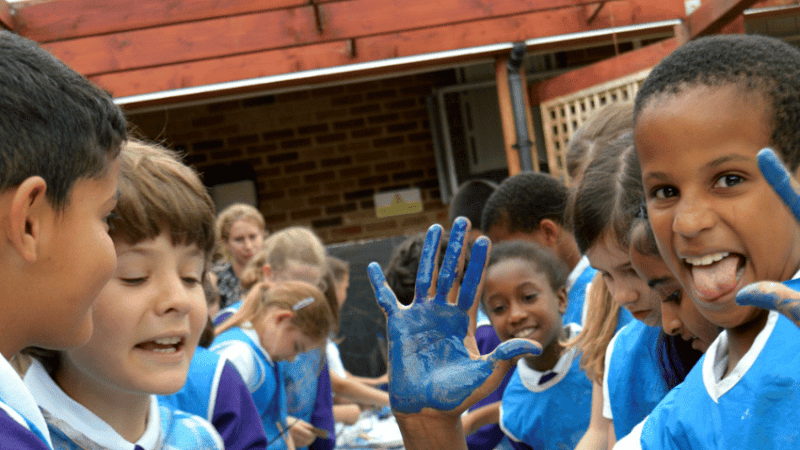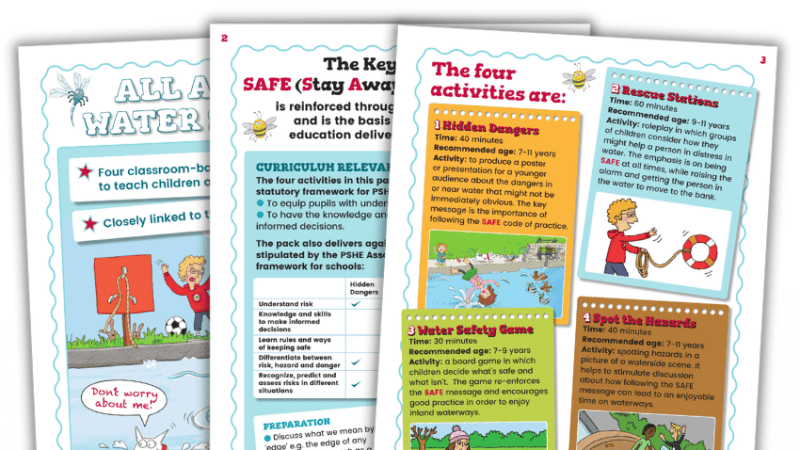What’s the Problem with the Bold Beginnings Report and how Should Schools React?

Early years staff are committed to development through play and Ofsted was naive to omit this from its report, says Debra Kidd

- by Debra Kidd

Few people can have missed the furore surrounding the publication of Ofsted’s Bold Beginnings report. Within minutes of its publication, debates raged online about attacks on childhood and fears that this non-statutory area of education was becoming formalised.
The debate was not helped by a group of vociferous, non-EY specialist, mostly male commentators describing the reaction from mostly female, EY specialists as ‘hysterical’. This ‘calm down, dear’ element of the debate did not help matters at all.
So, what’s the problem and how should schools react?
There’s no doubt that Ofsted was surprised by the reaction to the report which it had viewed as relatively uncontroversial. This was naive – EY practitioners are deeply wedded to the idea that the Early Years are separate to formal education.
The suggestion that these settings should be about preparing for a KS1 curriculum that many already believe is inappropriate for children under the age of seven was inflammatory, as was the suggestion that the primary goal of Reception was to get children reading.
EY specialists would argue that getting ready to read is about way more than formal phonics.
In addition to concerns about the non-statutory element of EYFS, there were also concerns about the narrowness of sample schools selected as ‘good examples’.
Of the 42 questioned, almost half were advocates of the controversial Read Write Inc programme for reading, and the fact that the report came at a time when this programme was awarded extra funding by government raised a few eyebrows.
The definition of ‘good’ rested on future achievement in KS2, ignoring the ‘now impact’ of EYFS outside of the realm of test results.
In addition, the report made no mention of the significant research into the impact of formal learning before the age of seven on diagnoses of SEN, in particular on ADHD.
Children who start formal education earlier are more likely to end up with a SEND label. Children who are summer-born fare worst here.
It would seem that Age Related Expectations are not being applied according to age, but according to year group in which the upper age range is where the expectations sit. This is leading some to believe that the youngest are ‘failing’, rather than simply being younger.
For all these reasons and more, there was alarm. But the report was faulty more by omission than by presence. In most settings, children gather together for a quick phonics session or storytime. This is not unusual.
Nor is it unusual for children to be given time to hold a pencil and develop their fine motor skills.
It was a matter of emphasis in playing down the importance of social, emotional, physical and linguistic development through play and activity that led to this strong reaction, as it seemed to signal a shift in direction.
Statements that ‘inspectors rarely see children being read a story in schools’ did not help. Who on earth decides to do that during an inspection run by an organisation that for years has criticised teacher talk?
Statements that children cannot learn about number or letter in a sandpit showed a woeful lack of imagination or knowledge about how EYFS settings utilise these resources.
These statements, coupled with the report, led schools to worry that here was a shift in direction that entirely ignored significant knowledge about the development of children.
So, what to do? Take a deep breath. Don’t change your practice. Chances are, you’re already doing what the report suggests you do. Remind your staff that this report does not replace the previous reports on the importance of play – it is intended as an addition.
Trust your professional judgment – people unused to teaching this age group have little idea of the range of ability, the need for movement, play, interaction, talk and touch, or the complexity of assessing children who cannot yet write.
Research published in February showed that the greatest impact on a child’s language development, including future reading skill, was the exposure to adult-child interactions where talk was equally balanced between the two.
Perhaps it is this research and that into labelling and play that should drive our practice, rather than ideological posturing from government-funded organisations that will inevitably shift with changes to personnel.
Do what you do because you read, reflect on practice and see the evidence in the children before you; never because someone told you to do it. That should be a guiding principle at all phases of our education system.
Debra Kidd has worked in education for over 20 years and has delivered CPD nationally and internationally. Find her at debrakidd.wordpress.com and follow her on Twitter at @debrakidd.











